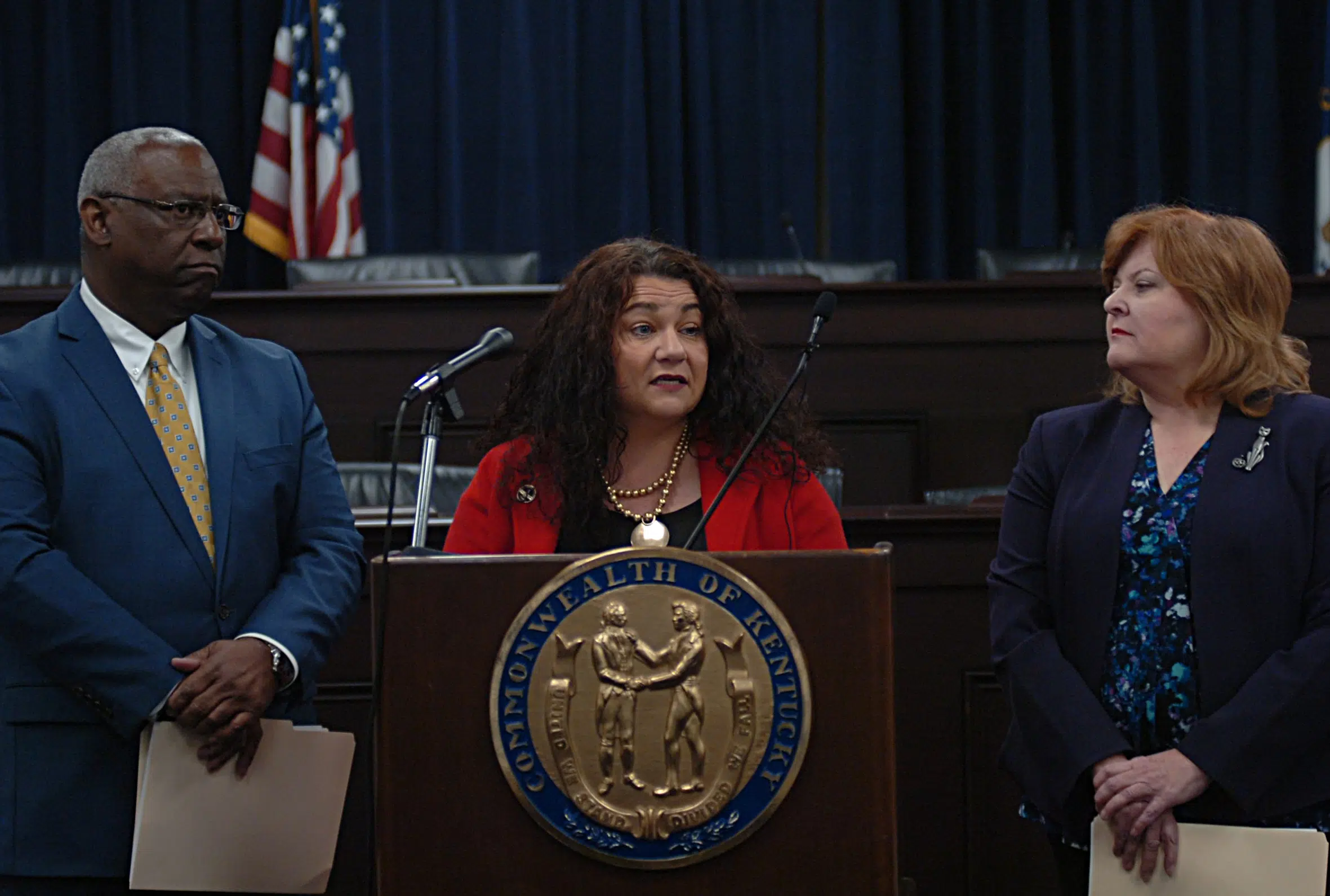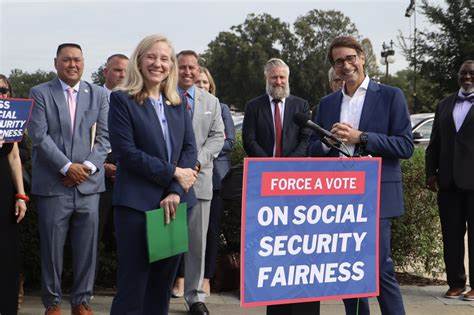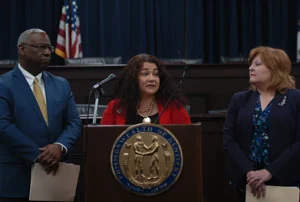As President-elect Donald J. Trump prepares to assume office, undocumented immigrants living in the United States are facing heightened anxiety about their future. Trump’s campaign promises to increase deportations have left many immigrants, including those with U.S. citizen children or spouses, feeling particularly vulnerable. For families already living in precarious situations, the fear of separation looms large, creating a state of constant uncertainty and distress.
This blog explores the plight of undocumented immigrants, the potential implications of Trump’s immigration policies, and the human cost of aggressive deportation efforts.
The Fear of Deportation: A Daily Reality
For undocumented immigrants, the fear of deportation is not new, but Trump’s rhetoric has amplified these anxieties. His administration has pledged to:
- Increase deportations of individuals living in the U.S. without legal status.
- End protections for certain immigrant groups, such as those under the Deferred Action for Childhood Arrivals (DACA) program.
- Implement stricter border controls and expand detention facilities.
These policies have created an atmosphere of uncertainty, leaving millions of families in limbo.
Mixed-Status Families at Risk
Mixed-status families—those with undocumented parents or spouses and U.S. citizen children or partners—are particularly vulnerable. Deporting one or more family members often leads to:
- Emotional Trauma: Children face the distress of losing a parent, disrupting their sense of stability and security.
- Economic Hardship: Families lose a breadwinner, plunging them into financial instability.
- Community Impact: Communities lose active contributors who play essential roles in local economies and social networks.
Life on the Border: Trapped in Limbo
Many immigrants find themselves stranded at the U.S.-Mexico border, unable to move forward or return to their home countries. Tightened restrictions and prolonged processing times have exacerbated the situation.
Border Detention Facilities
The expansion of detention centers under Trump’s administration could mean:
- Overcrowding and poor conditions in facilities already criticized for their treatment of detainees.
- Lengthy detentions for individuals awaiting deportation hearings or asylum rulings.
Humanitarian Concerns
Migrants fleeing violence, persecution, and poverty face limited options for legal entry. As a result, many risk dangerous crossings or endure harsh conditions while waiting for their cases to be heard.
The Legal Landscape: Fewer Protections, Stricter Policies
Under Trump’s proposed immigration policies, legal protections for undocumented immigrants are likely to shrink:
- Termination of DACA: Without DACA, individuals brought to the U.S. as children would lose protections from deportation and access to work permits.
- Expedited Deportations: Streamlining deportation processes could reduce opportunities for legal defense or asylum applications.
- Tighter Family-Based Immigration Rules: Limits on family reunification pathways would prevent many immigrants from stabilizing their legal status.
Immigration attorneys and advocates are bracing for an influx of cases, as families scramble to protect their loved ones from deportation.
The Human Cost of Deportation
Deportations not only affect individuals but also ripple through families, communities, and local economies.
Emotional Toll
- Children in mixed-status families often experience anxiety, depression, and academic struggles due to fear of separation.
- Spouses left behind must navigate the emotional and logistical challenges of maintaining a household alone.
Economic Consequences
- Families lose income when a working member is deported, often leading to poverty and homelessness.
- Communities lose workers, taxpayers, and small business owners who contribute to local economies.
Advocacy and Resistance
Despite the challenges, immigrant advocacy groups are mobilizing to support vulnerable populations:
- Legal Aid: Providing resources to help individuals navigate immigration courts and apply for asylum or other protections.
- Community Organizing: Encouraging local governments to adopt sanctuary policies that limit cooperation with federal immigration authorities.
- Public Awareness Campaigns: Highlighting the contributions of immigrants to counter anti-immigrant rhetoric.
These efforts aim to create a sense of solidarity and empower immigrants to fight for their rights.
What Can Be Done?
Addressing the challenges faced by undocumented immigrants requires a balanced approach that considers both security concerns and humanitarian needs.
Policy Recommendations
- Comprehensive Immigration Reform: Develop pathways to legal status for undocumented immigrants who meet specific criteria.
- Protections for Mixed-Status Families: Prevent the separation of families by prioritizing humane enforcement policies.
- Expanded Asylum Programs: Provide safe and efficient processes for individuals fleeing persecution and violence.
- Community Support Initiatives: Increase funding for legal aid and social services for immigrant families.
The fear of deportation under President-elect Donald J. Trump’s proposed policies has created a climate of uncertainty for millions of undocumented immigrants, particularly those with U.S. citizen family members. As the nation grapples with questions of security, equity, and humanity, it is essential to remember the human cost of aggressive deportation measures.
Balancing the enforcement of immigration laws with compassion and fairness is critical to preserving the values of family unity and opportunity that define the United States.











